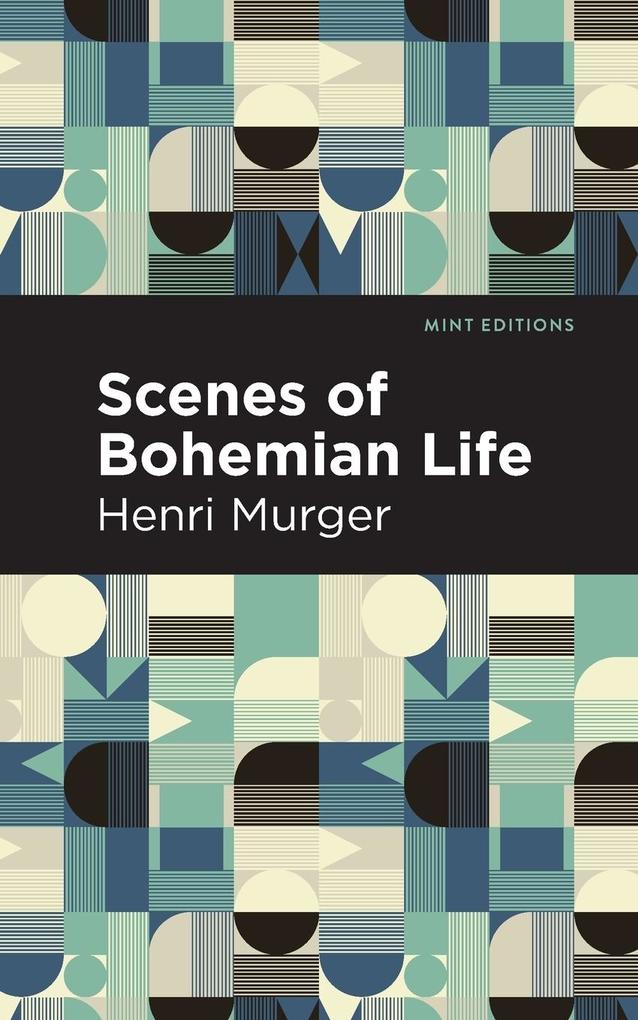
Zustellung: Di, 07.01. - Fr, 10.01.25
Versand in 6 Tagen
VersandkostenfreiBestellen & in Filiale abholen:
Scenes of Bohemian Life (1851) is a novel by Henri Murger. Written at the beginning of his career as a popular French poet and novelist, Scenes of Bohemian Life is composed of vignettes inspired by the author's experience as a starving artist in Paris' Latin Quarter. Adapted countless times for theater and film, Murger's novel served as inspiration for Puccini's opera La bohème (1896) and for the hit musical Rent (1996). "The Bohemians know everything and go everywhere, according as they have patent leather pumps or burst boots. They are to be met one day leaning against the mantel-shelf in a fashionable drawing room, and the next seated in the arbor of some suburban dancing place. They cannot take ten steps on the Boulevard without meeting a friend, and thirty, no matter where, without encountering a creditor." Distinguished by their sense of fashion and impoverished lifestyle, Paris' Bohemians are part of a historical avant-garde, a cultural phenomenon found in any artistic society. Living day to day, these artists and radicals commune with the world as it is, taking nothing and no one for granted. In Scenes of Bohemian Life, four friends-Rodolphe, Marcel, Colline, and Schaunard-avoid landlords and old lovers on the streets of the Latin Quarter, a district known for its countercultural figures. Hilarious and preeminently human, Scenes of Bohemian Life is a masterpiece of nineteenth century fiction from a writer whose lifestyle informed much of his work. With a beautifully designed cover and professionally typeset manuscript, this edition of Henri Burger's Scenes of Bohemian Life is a classic of French literature reimagined for modern readers.
Produktdetails
Erscheinungsdatum
01. Mai 2021
Sprache
englisch
Seitenanzahl
274
Autor/Autorin
Henri Murger
Verlag/Hersteller
Produktart
kartoniert
Gewicht
333 g
Größe (L/B/H)
203/127/17 mm
Sonstiges
Paperback
ISBN
9781513292311
Entdecken Sie mehr
Bewertungen
0 Bewertungen
Es wurden noch keine Bewertungen abgegeben. Schreiben Sie die erste Bewertung zu "Scenes of Bohemian Life" und helfen Sie damit anderen bei der Kaufentscheidung.










